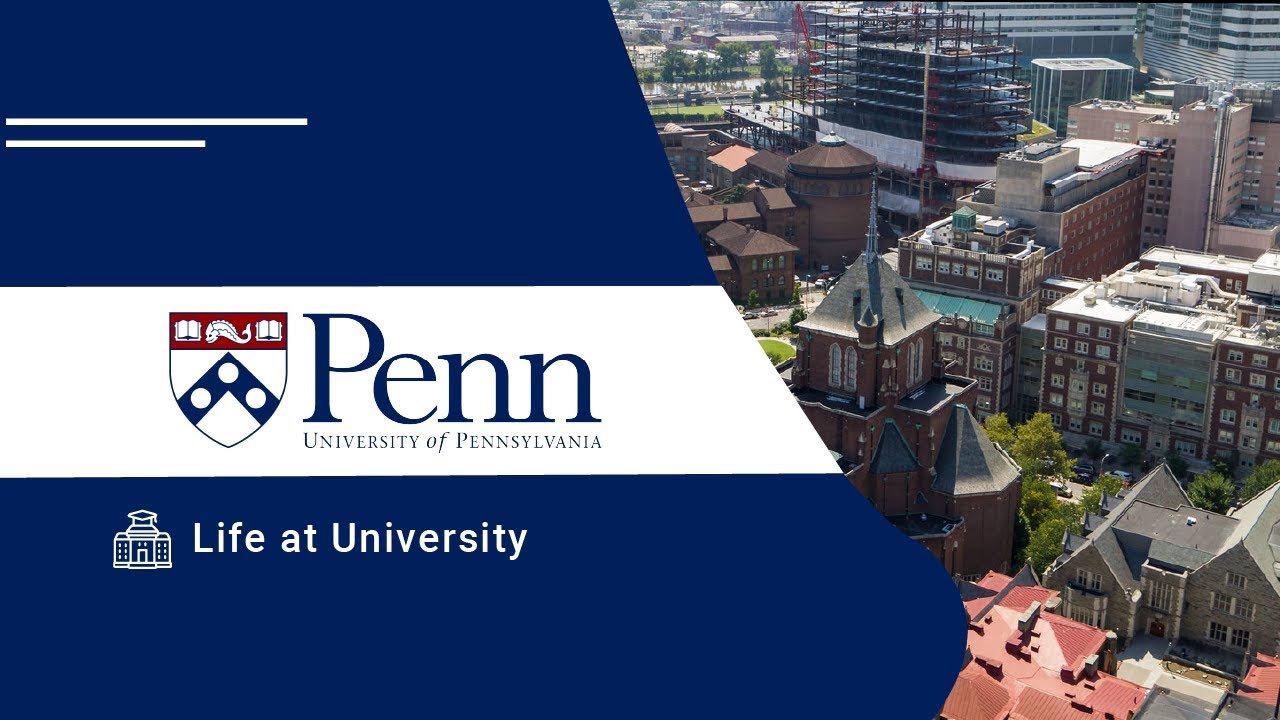University of Pennsylvania’s Top Online Courses
The University of Pennsylvania (Penn), an Ivy League institution renowned for its academic excellence and innovative research, offers a wide range of online courses through its various schools and departments. These online offerings allow learners worldwide to benefit from Penn’s distinguished faculty and rigorous curricula. Here are the top online courses offered by the University of Pennsylvania that stand out for their quality, relevance, and impact.
1. Business Foundations Specialization (Wharton School)
The Business Foundations Specialization, offered by the Wharton School, is one of the most popular online courses from Penn. This series of courses covers essential business concepts such as marketing, finance, operations, and accounting. Designed for beginners, the specialization provides a solid foundation in business principles, preparing learners for advanced studies or professional growth in the business sector.
2. Introduction to Marketing (Wharton School)
This course, also from the Wharton School, delves into fundamental marketing concepts and strategies. It covers customer segmentation, brand positioning, and the digital marketing landscape. Taught by Wharton’s top faculty, the course uses real-world case studies to illustrate marketing principles in action. It’s ideal for aspiring marketers, entrepreneurs, and business professionals looking to enhance their marketing skills.
3. Robotics Specialization (School of Engineering and Applied Science)
The Robotics Specialization offered by Penn’s School of Engineering and Applied Science provides a comprehensive introduction to the field of robotics. The series includes courses on robotics fundamentals, perception, and mobility, as well as control and programming of robotic systems. With a blend of theoretical knowledge and practical application, this specialization prepares learners for careers in robotics, engineering, and technology.
4. Foundations of Positive Psychology Specialization (School of Arts and Sciences)
This specialization, offered by the Department of Psychology, explores the scientific underpinnings of positive psychology. The courses cover topics such as resilience, flourishing, and positive interventions. Led by Dr. Martin Seligman, a pioneer in positive psychology, this specialization equips learners with the knowledge and skills to apply positive psychology principles in personal and professional contexts.
5. English for Career Development (School of Arts and Sciences)
Designed for non-native English speakers, this course helps learners improve their English language skills for the workplace. It covers job search strategies, resume writing, and interview preparation. The course also includes lessons on workplace communication and professional etiquette. It’s an excellent resource for individuals seeking to enhance their career prospects in English-speaking environments.
6. Financial Markets (Wharton School)
Taught by Professor Robert Shiller, a Nobel laureate in economics, this course provides an in-depth understanding of financial markets and their role in the economy. It covers topics such as risk management, behavioral finance, and the functioning of various financial institutions. This course is ideal for finance professionals, investors, and anyone interested in the workings of financial markets.
7. Design: Creation of Artifacts in Society (School of Engineering and Applied Science)
This course, led by Professor Karl T. Ulrich, focuses on the design process and its impact on society. It teaches students how to create innovative products and services through a human-centered design approach. The course includes hands-on projects, where learners can apply design thinking to real-world challenges. It’s perfect for aspiring designers, engineers, and entrepreneurs.
8. Computational Thinking for Problem Solving (School of Engineering and Applied Science)
This course introduces learners to computational thinking, a fundamental skill in the digital age. It covers concepts such as algorithms, data analysis, and programming basics. The course emphasizes problem-solving skills and their application to various fields, making it suitable for anyone interested in technology and its practical applications.
9. Introduction to Health Policy and Administration (Perelman School of Medicine)
Offered by Penn’s Perelman School of Medicine, this course provides an overview of health policy and administration in the United States. It covers the structure of the healthcare system, health economics, and policy-making processes. The course is designed for healthcare professionals, policymakers, and anyone interested in understanding the complexities of the healthcare system.
10. Python Programming Essentials (School of Engineering and Applied Science)
This course introduces the basics of Python programming, a versatile language widely used in data science, web development, and automation. It covers fundamental programming concepts, including variables, control structures, and data types. The course includes practical exercises to reinforce learning, making it an excellent starting point for those new to programming.
Conclusion
The University of Pennsylvania’s online courses provide learners with access to world-class education from a prestigious institution. Whether you are looking to advance your career, gain new skills, or explore new fields, Penn’s online offerings cater to a wide range of interests and professional needs. These courses stand out not only for their academic rigor but also for their practical relevance and ability to empower learners to achieve their goals. With the flexibility of online learning, students worldwide can benefit from Penn’s distinguished faculty and cutting-edge curriculum, making a Penn education more accessible than ever.









